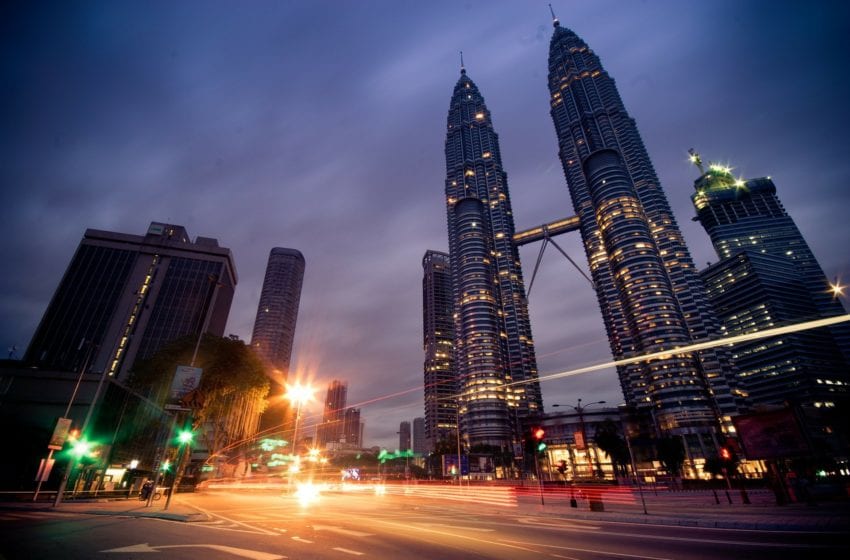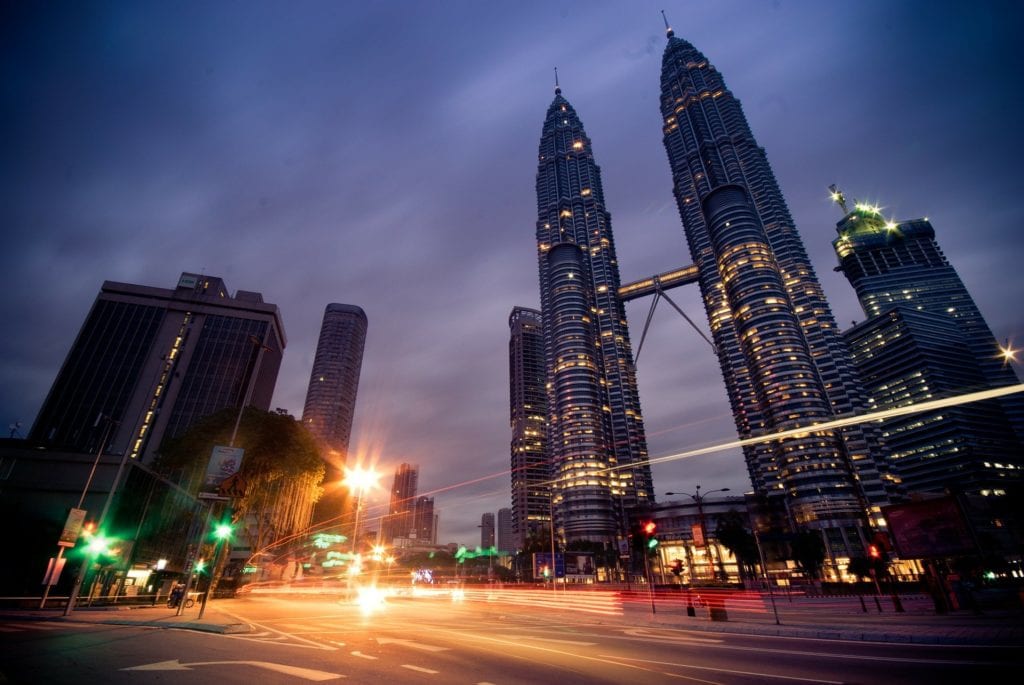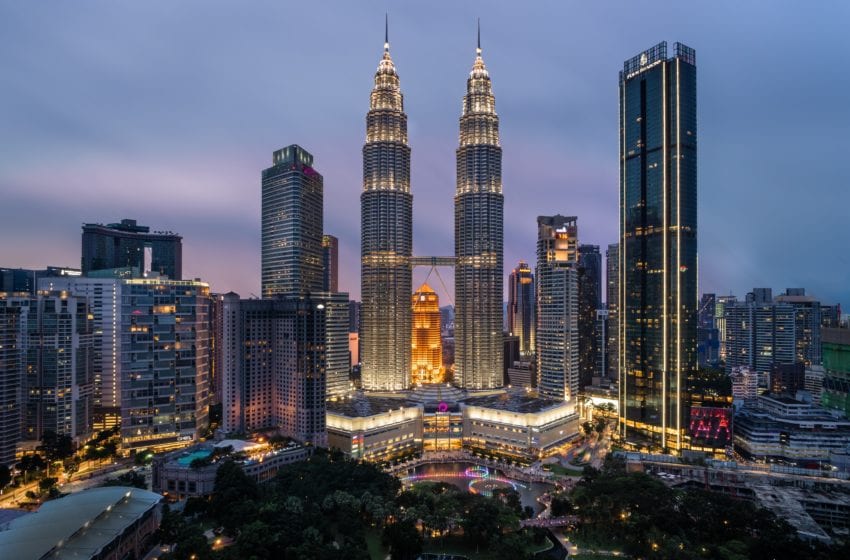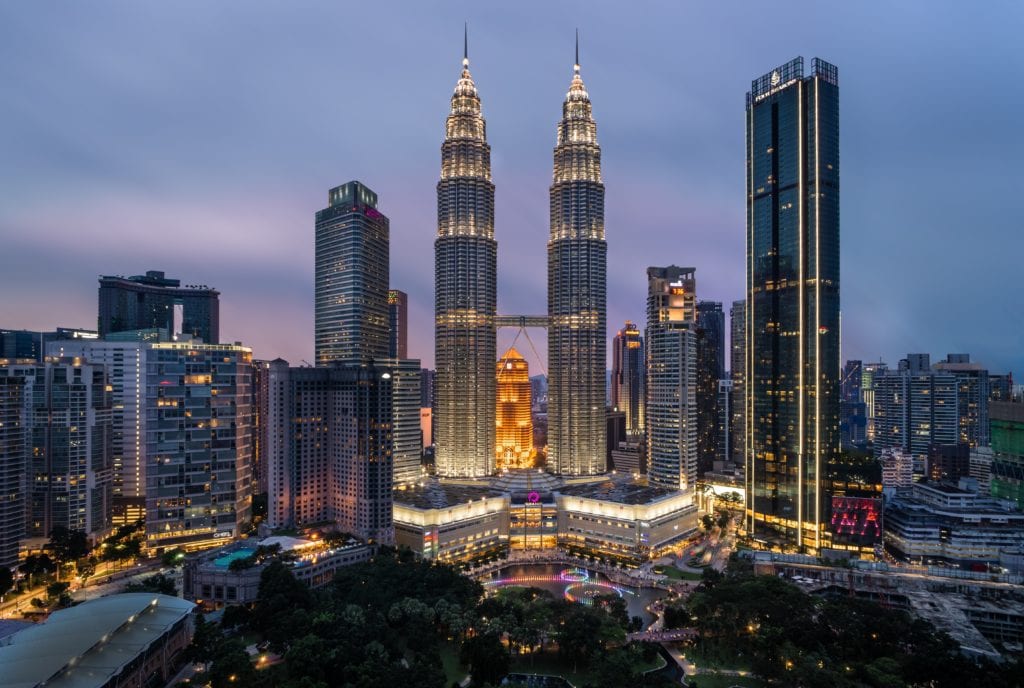
The Malaysian government wants to reduce the number of smokers in the country by 15 percent by 2025. They are hoping to accomplish the goal through regulation and taxation, however, not by exploring less-risky nicotine products.
According to an article in The Sun Daily, previous measures such as raising taxes and the price of tobacco in a bid to reduce consumption had not only been ineffective, but also catapulted the growth of the illegal cigarette market.
During the third virtual Scientific Summit on Tobacco Harm Reduction 2020 in September, public health expert professor Sharifa Ezat Wan Puteh, was quoted saying that the tobacco harm reduction strategy could be used as an alternative solution. However, it would face many hurdles as it was still not well-received by Malaysians in general.
She said there were still concerns over the efficacy of non-tobacco nicotine products on top of the notion that e-cigarettes could increase smoking gateways among youths, adding that there was also the issue of no proper monitoring of tobacco alternative products, electronic nicotine delivery systems (ENDS) and heat-not-burn (HnB) products, such as IQOS.
At the moment, rules and regulations only cover the selling of nicotine products and are categorised under the Poison Act 1952. This clearly states that the supply and sale of any preparation containing nicotine is only allowed by licensed pharmacists and registered doctors for the purpose of treatment.
Sharifa was speaking as a panellist during the summit’s discussion titled “Tobacco Harm Reduction in low- and middle-income countries”, where she told the panel the government was taking a harder stand with its plan to introduce the standalone Tobacco Control Act to replace the Control of Tobacco Products Regulations 2004, which seeks to tighten control on all types of tobacco products.
Speaking on the sidelines, she told the newspaper the new act will deem nicotine products, including vapes and HNB devices, as tobacco products and will be enforced as such and likely to be totally banned. “This means only vape with non-nicotine e-juices will be allowed in the market,” she said. “This would only lead to less ‘safer choices’ for hard core smokers to transition to safer practices and options.”
She added that combustible cigarettes have been known to be more hazardous not only to the smoker themselves but also to those around them as opposed to the alternatives like vapes and HnB due to the lack of tobacco combustion. This, she said, was compounded with the large availability of contraband and illicit cigarettes that are abundant in the market at a low cost.
Sharifa also acknowledged there has been a visible dip in smoking prevalence in the country following its rigorous anti-smoking strategy nationwide. However, she said it could not be taken wholeheartedly since the authorities were unable to determine whether former users had switched to contraband cigarettes, vapes, HnB or that they had truly quit smoking.
“No proper study has been concisely implemented to look at the nature, but nicotine replacement therapy (NRT) is very common in Malaysia. However, implementation wise, it does have its concerns of access, lack of availability, and standardisation across urban and rural areas, and lack of trained health personnel in rural settings,” she said. “Many studies have shown that all types of nicotine products such as vapes, ENDS and NRT rate is curtailing persistent smokers are almost similar.”





